My very first posts on Substack formed a three-part series called ‘The Death of Science’ (Part 1, Part 2, Part 3). In Part 1 of this series, I dissected a 2017 document produced by the World Health Organization, titled ‘Best practice guidance: How to respond to vocal vaccine deniers in public’.
As I wrote in that previous article – which I strongly encourage you to read, or re-read, in full as it’s highly relevant as background to this post –
“This document, which is intended to equip spokespeople of health authorities to deal with ‘vocal vaccine deniers’ – defined as ‘individuals who do not accept recommended vaccines, are not open to a change of mind no matter the scientific evidence and are actively advocating against vaccination’ – is a true masterwork of anti-science doublethink.
The authors do not trouble themselves with providing any scientific evidence to support their advocacy for universal uptake of all ‘recommended’ vaccines, nor do they address the numerous examples of blatant conflicts of interest that plague the process by which novel vaccines become ‘recommended’.
Instead, they not only rely on the spurious claim of ‘scientific consensus’ for such advocacy, but strongly advise their target audience – health spokespeople – to do the same.
Such spokespeople are explicitly urged to avoid engaging in open scientific debate with those who raise questions about vaccination, but instead to utilise ‘psychological research on persuasion’ and ‘training in rhetoric’ including story-telling, expression of moral conviction, gestures and facial expressions, and the use of sound bites, to ‘frame messages’ – not to the so-called ‘vocal vaccine denier’ but to other members of the audience who may have concerns about vaccination but have not yet taken a firm position on vaccination.
With no apparent awareness of their internal contradictions, the authors of this document smear ‘vaccine deniers’ as having ‘characteristics that are similar to other types of science deniers and to religious and political fanatics in that they adhere to a belief that is impossible to challenge, even if challenge is the fundamental tenet of scientific progress’, while also acknowledging that many of these ‘science deniers’ are ‘very highly educated individuals who are well aware of the available scientific literature’.”
Well, you’ll be thrilled to know that the World Health Organization (WHO) has recently written another handy-dandy guide for public health officials who get paid to gaslight the public:
Its title, ‘Vaccine crisis communication manual: step-by-step guidance for national immunization programmes’, exudes a faint whiff of panic, an impression which grows stronger when one reads the authors’ definition of ‘vaccine crisis’:
“This manual defines a vaccine crisis as an event which will most likely or has already eroded public trust in vaccines and/or vaccination and the authorities delivering them and may create uncertainty. This requires immediate action and an effective response to curb the negative impact.”
Vaccine crisis communication manual: step-by-step guidance for national immunization programmes, p. iv
Oh, you mean events like record excess mortality in Australia, and pretty much every other country that injected a high proportion of its citizens with experimental COVID ‘vaccines’? Yeah, I guess that runs the risk of “erod[ing] public trust”.
But what is the “immediate action” and “effective response to curb the negative impact” that the WHO authors call for? Is it, say, a thorough investigation into the “vaccine-related events” in which independent scientists, clinicians and pathologists are invited to pore over the medical records and autopsy reports of people who suffered injuries or death after receiving a vaccine? Or a no-holds-barred inquiry into conflicts of interest in vaccine development, policy, procurement and administration? Or maybe it’s a panel of independent statisticians, data analysts and demographers, convened to do a 360° analysis of the impact of each vaccine on health along the lifespan, and across communities?
Silly me. I thought for a moment that they might have been referring to the “negative impact” on the people who suffered “vaccine-related events”. But of course they weren’t. The only “negative impact” that keeps them up at night is the negative impact on the vaccine-industrial complex of growing mistrust of the ever-growing array of jabs that public heath authorities want to press on every man and his dog.1
As always, I urge you to read the entire document for yourself. I must warn you though, that you may experience a strong urge to vomit, hurl objects at the wall or yell obscenities, so you might want to brew a calming cup of chamomile tea first.
Here are some of the key points that jumped out at me:
1. AEFIs are never, ever, ever, caused by vaccines. Ever.
The authors were at pains to point out that adverse events following immunisation (AEFI) are not necessarily causally related to vaccination. In fact, in a 32 page document, I counted nine variations on the theme of “just because something bad happens after a person gets a vaccine, doesn’t mean the vaccine caused it” (let me know if I missed any):
On page iv, in the Glossary:
An ‘Adverse Event Following Immunization’ is defined as “Any untoward medical occurrence which follows immunization, and which does not necessarily have a causal relationship with the usage of the vaccine.”
In the definition of ‘Vaccine Crisis’, the authors are at pains to stress that “Vaccine-related events may or may not be directly caused by vaccines/vaccination itself.”
In the definition of ‘Vaccine-Related Event’, they again stress that “Vaccine-related events may or may not be directly caused by vaccines/vaccination itself.”
On page 1, while listing “events that have the potential to erode trust in vaccines and/or vaccination and the authorities delivering them”, they include “any untoward medical occurrence which follows immunization, and which does not necessarily have a causal relationship with the usage of the vaccine”.
On page 7, in listing types of vaccine-related event, the authors include “AEFI which are (rightly or wrongly) being associated with vaccines or vaccination and [which] may create uncertainty or distrust among the public.”
On page 8, while giving instructions on how to gather information to understand the vaccine-related event, they advise asking “Which vaccine is being (rightly or wrongly) linked to the event?”
On page 9, an example of vaccine-related events with “high potential impact” is “Death following vaccination (pending investigation)”.
On page 13, describing communication strategies, the following example scenario is given: “An infant has died of sudden infant death syndrome (SIDS) within 24 hours after having been immunized at a local health centre. Preliminary evidence indicates no causal link between the death and the vaccine.”
On page 15, another scenario is given: a girl with “a serious underlying condition” has died after receiving an HPV vaccine, but “preliminary findings suggest that there is no causal relation between the death and the vaccine”.
In other words, it is taken as a given by the WHO team that their readers will never have to deal with a serious AEFI that was actually caused by any vaccine that has been approved by WHO itself, or any government instrumentality, so the correct response of the “vaccine crisis coordination group” is always to hose down the public’s concerns and reassure them that all vaccines are safe and effective.
It follows from this that…
2. Because AEFIs are never caused by vaccines, there is no need to improve pharmacovigilance systems. In fact, there’s barely any need to even mention that they exist.
Pharmacovigilance mechanisms such as VAERS, the Yellow Card system and DAEN were set up to collect reports from medical practitioners and the general public on all events that take place after administration of a vaccine (or other pharmaceutical product), so that safety signals can be promptly detected, and thoroughly investigated to either establish or rule out a causal relationship.
It is not up to the reporting individual to decide whether the adverse event was causally related, or was merely a coincidence.
However, when a new pharmaceutical product has been introduced into a population, the precautionary principle applies, or should apply: all adverse events that take place after administration of the product should be assumed to be causally related until proven otherwise.
In a sane world with good governance practices, ‘proven otherwise’ doesn’t mean asking the company that made the product whether they reckon their drug or vaccine dunnit, and then taking their word for it. It also doesn’t mean asking a panel of your buddies with a viper’s nest of conflicts of interest with the vaccine industrial complex, whether a causal relationship exists between adverse events and vaccines. But that’s how the vaccine ‘safety’ system works, in Australia and overseas… which is why we can have safety signals like this…
… and this…
… and still have the products linked to these adverse events not just available to the public, but aggressively pushed on them.
Yet there is only one mention of pharmacovigilance/AEFI systems in the text of the document (on page 8; blink and you’ll miss it), and this is in the context of preparing for vaccine crises – as in, how to do damage control once the excrement has already hit the oscillator – not how to improve the function of such systems in order to enhance public safety.
Again, the implicit assumption underlying this document is that all approved vaccines are safe and effective, so members of a “vaccine crisis coordination group” will never, ever be faced with a situation in which an AEFI was actually caused by a vaccine. Therefore, there’s little need for them to familiarise themselves with their jurisdiction’s pharmacovigilance mechanism (if it even has one), let alone to advocate for improvements in its function, or in the analysis of reports made to it.
Instead…
3. The sole task of a “vaccine crisis coordination group” is to persuade the public to shut up and take all their damn vaccines, already… oops, I mean, to build the public’s trust in vaccines.
Remember, dummies – vaccines are always safe and effective, otherwise the government wouldn’t let those completely trustworthy Big Pharma companies sell them (well, aside from the Cutter incident, the 1976 swine flu vaccine fiasco, the RotaShield rotavirus vaccine debacle, and the 2009 Pandemrix vaccine disaster, just to name a few of the incidents in which vaccines were acknowledged by authorities to be causing an unacceptable level of harm, and withdrawn from the market).
So if you’re a right-thinking member of a “vaccine crisis coordination group”, your sole mission in life is to persuade the public to “trust” in the safety and effectiveness of vaccines.
The word “trust” (or its antonym, “distrust”) appears no less than 34 times in the document. If “trust” were the trigger word in a drinking game, you’d be blind motherless drunk before you got halfway through reading it. Here are some sample screenshots, just to give you a hint of how central the notion of trust is to this entire enterprise:
Is it just me, or does anyone else feel mildly suspicious about a bunch of WHO flunkeys schooling a bunch of government flunkeys in how to sweet-talk the public into trusting them and the liability-free Big Pharma products they’re peddling? “Just trust me – would I lie to you?”
You know what might help in rebuilding “the public’s trust in immunization and the authorities delivering them [sic]”? Thorough and transparent investigation of each and every serious AEFI by regulators, including Australia’s Therapeutic Goods Administration (TGA), and full disclosure of the results of these investigations to the public. As opposed to, for instance, TGA suppressing publication of its own causality assessments concluding that COVID ‘vaccines’ directly led to the deaths of four young Australians, including two minor children.
(Wanna know TGA’s justification for lying to the public about how many Australians have been killed by COVID jabs? It’s a corker:
“The decision maker determined that disclosure of the documents could undermine public confidence and reduce the willingness of the public to report adverse events to the TGA.”
You can bet your bottom dollar that public confidence would be undermined if they found out that COVID jabs killed two kids and two young adults with their whole lives ahead of them, and who had a statistically zero chance of suffering serious illness or death related to COVID-19. As for how the publicising of these deaths would reduce the public’s willingness to report adverse events, if you can make sense of this complete non sequitur, I’d love to hear from you. I’m sure the government would too; I hear they have plenty of lucrative taxpayer-funded job opportunities for talented bullsh*t artists.)
Speaking of spending public money…
4. Members of “vaccine crisis coordination groups” should constantly be snooping on the public to find out what they think of vaccines.
If you’ve already played the “trust” drinking game with this document, for god’s sake don’t play it again with “monitor” or you’ll end up with acute liver injury. You’ll find no fewer than 38 mentions of this creepy word in the 32-page document, including these:
That’s a whole lotta monitoring going on.
Can you imagine any government agency spending this much time and effort (and money) to track what people think of any other medical product? Why doesn’t the WHO advise governments to “monitor” public opinion about antibiotics, given their acknowledgement of the rapidly-accelerating antibiotic resistance crisis which is already killing close to 100 000 Americans per year? (Meanwhile, there was a total of just 13 deaths from measles between 1999 and 2020, according to the CDC WONDER database.)
What’s so bloody special about vaccines, that warrants this extraordinary degree of government intrusion into the lives and even the minds of citizens?
A paranoid conspiracy theorist might conjecture that this obsession with vaccines has something to do with an extraordinary sentence penned by British philosopher, Bertrand Russell, in his 1952 book The Impact of Science on Society, namely:
“Diet, injections, and injunctions will combine, from a very early age, to produce the sort of character and the sort of beliefs that the authorities consider desirable, and any serious criticism of the powers that be will become psychologically impossible.”
This sentence is often cited in isolation, but I’m going to quote it in its full context:
“Scientific societies are as yet in their infancy. It may be worth while to spend a few moments in speculating as to possible future developments of those that are oligarchies.
It is to be expected that advances in physiology and psychology will give governments much more control over individual mentality than they now have even in totalitarian countries. Fichte2 laid it down that education should aim at destroying free will, so that, after pupils have left school, they shall be incapable, throughout the rest of their lives, of thinking or acting otherwise than as their schoolmasters would have wished. But in his day this was an unattainable ideal: what he regarded as the best system in existence produced Karl Marx. In future such failures are not likely to occur where there is dictatorship. Diet, injections, and injunctions will combine, from a very early age, to produce the sort of character and the sort of beliefs that the authorities consider desirable, and any serious criticism of the powers that be will become psychologically impossible. Even if all are miserable, all will believe themselves happy, because the government will tell them that they are so.” [emphasis mine]
The Impact of Science on Society pp. 65-66
In the oligarchic scientific society of Russell’s nightmares, you’ll own nothing, take all your jabs, and be happy.
Yet there’s some good news concealed within this tawdry WHO propaganda piece, namely…
5. The WHO is really scared of people and organisations that ask questions about the safety and efficacy of vaccines.
If we were already in Bertrand Russell’s oligarchic scientific society, there would be no need for all this monitoring and trust-building. The WHO wouldn’t have to urge governments to allocate budgets for “vaccine crisis coordination groups”, and the members of such groups wouldn’t have to spend their days combing through random social media posts, and their nights fretting over the threat of “a baseless accusation made by a powerful anti-vaccination group… suddenly gaining widespread attention”.
At first blush, the phrase “powerful antivaccination group” is patently absurd. The vast majority of vaccine risk awareness groups are founded by the parents of vaccine-injured children (more accurately described as “ex-vaccinators” than “antivaccinators”) and run on the smell of an oily rag, relying on volunteers and small-bickies donations from the public.
In stark contrast, the global vaccine market was worth a cool US$141 billion in 2021, while governments have unfettered access to taxpayers’ money to purchase celebrity endorsements and favourable media coverage of vaccines, in order to persuade the tax cattle to line up for their shots.
And yet the vaccine industrial complex Goliath lives in such terror of the stones hurled at it by “antivaxx” David that it devotes considerable resources to developing strategies to deflect them.
Why? Because Goliath needs our consent. Rounding up non-compliers and force-vaccinating them at gunpoint is (perhaps) technically feasible, but costly in both financial and trust capital. Nation states that claim to operate on democratic principles must use soft power to achieve domestic policy objectives, or risk electoral backlash.
And that means that we the people hold more power than we realise. Peaceful mass non-compliance with the immoral, illogical and unscientific edicts that governments have issued over the past three years – mask mandates, physical distancing rules, business closures, limits on funeral and wedding attendance, shutting out visitors from nursing homes and the bedsides of dying people, and of course, mandates to take an experimental ‘vaccine’ that was never tested on its ability to stop transmission – would have not just led to the end of the diktats themselves, but to the governments issuing them.
There simply wouldn't be enough police to issue tickets, or courts to hear contested fines, or prison cells to lock the noncompliers up, if thousands of people and businesses in every suburb and town across this country had just declared
‘Freedom-I won’t!’
(Please, please take a few minutes out of your busy day and read Eric Frank Russell's short story, And Then There Were None.)
If, after thorough evaluation of the evidence, you decide that a particular vaccine (or any other pharmaceutical product) is not the best option for you, your child or your pet, you can just say no. There may be consequences to your choice: you may have to get a different job, or make alternative arrangements for the care and education of your child, or find a new vet. However, the consequences of complying, either against your better judgement or because you have simply outsourced your decision-making to ‘experts’, may also be serious. Just ask all the parents of vaccine-injured children… or the people who submitted to COVID jabs to ‘keep their jobs’, but are now too disabled to work (I have several clients in this position).
And when your government has become so merged with the vaccine industrial complex that it is no longer possible to discern where one ends and the other begins, it is no longer worthy of your consent, and you have a moral duty to
For information on my private practice, please visit Empower Total Health. I am a Certified Lifestyle Medicine Practitioner, with an ND, GDCouns, BHSc(Hons) and Fellowship of the Australasian Society of Lifestyle Medicine.
Quite literally - look up 'One Health' on independent media sites such as The Corbett Report, Technocracy News and Global Research and you'll quickly see that humans are not the only species being aggressively targeted by the vaccine industrial complex. An ever-growing array of vaccines is being proposed, developed, and increasingly mandated for domestic pets, animals used for food production, zoo animals, and even wild animals.
Johann Gottlieb Fichte, the architect of the Prussian education system on which the US, and our own, 'factory-model' schooling system was modelled.




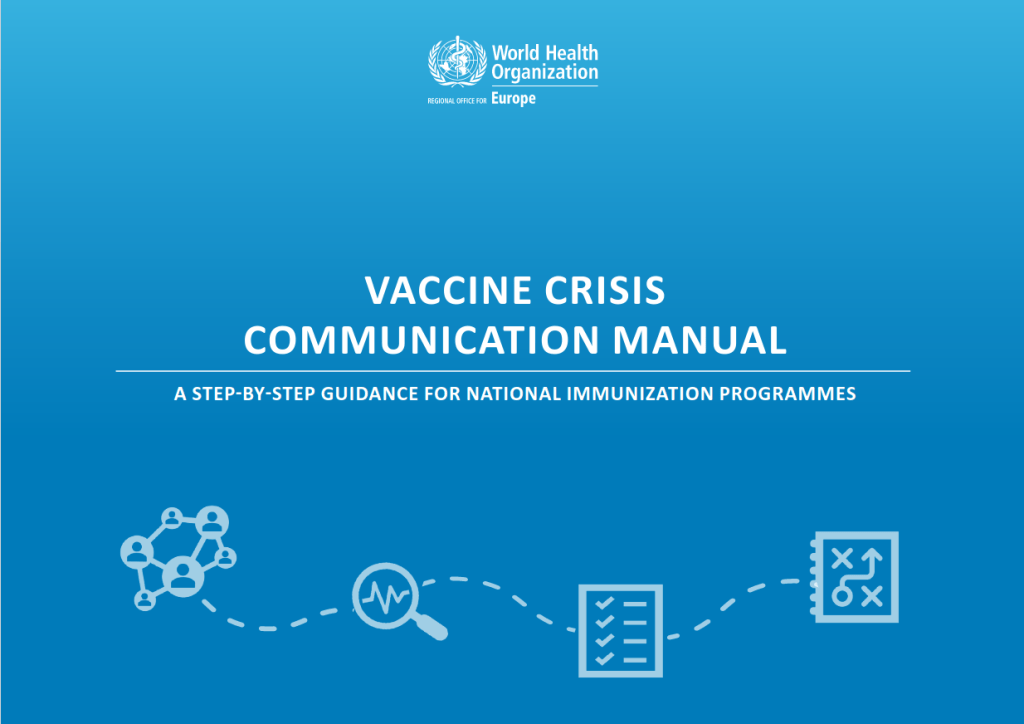

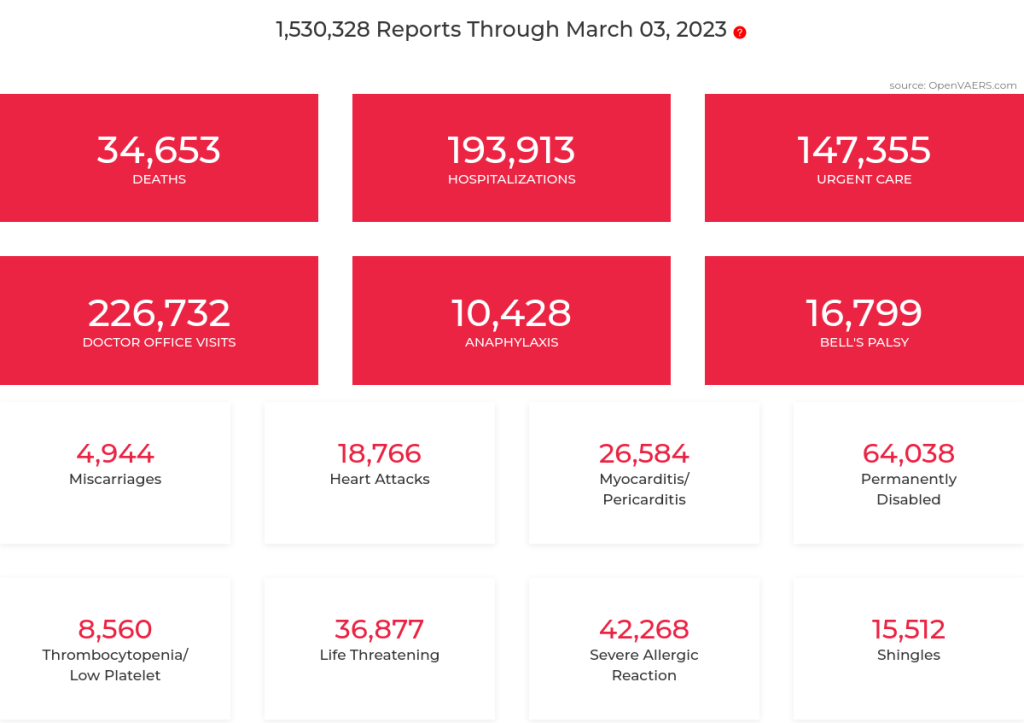

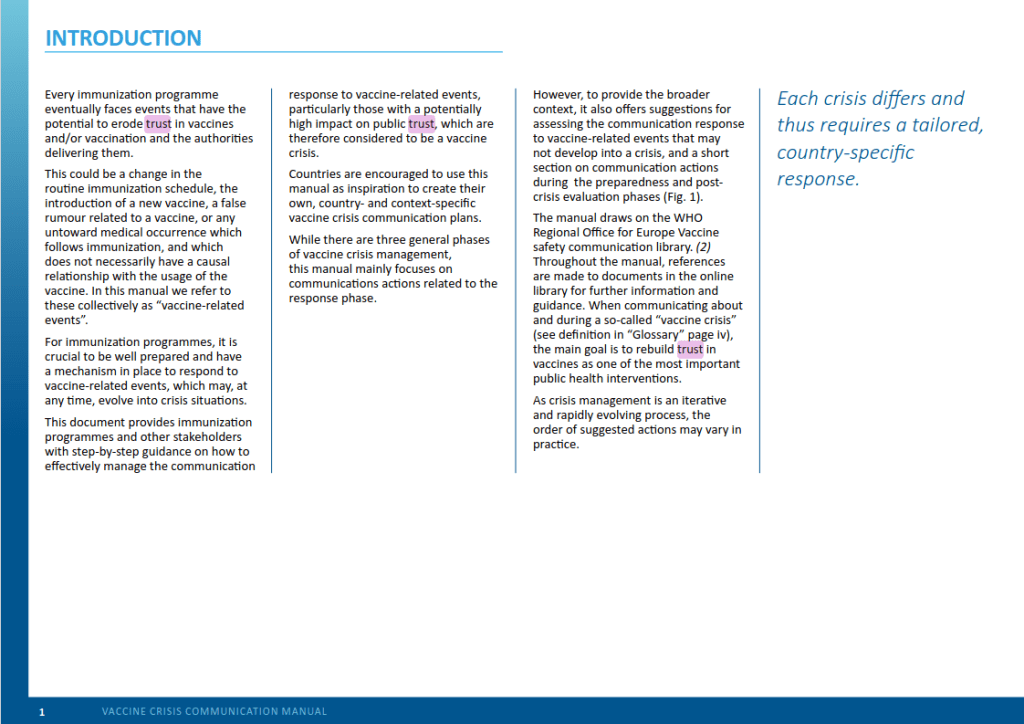
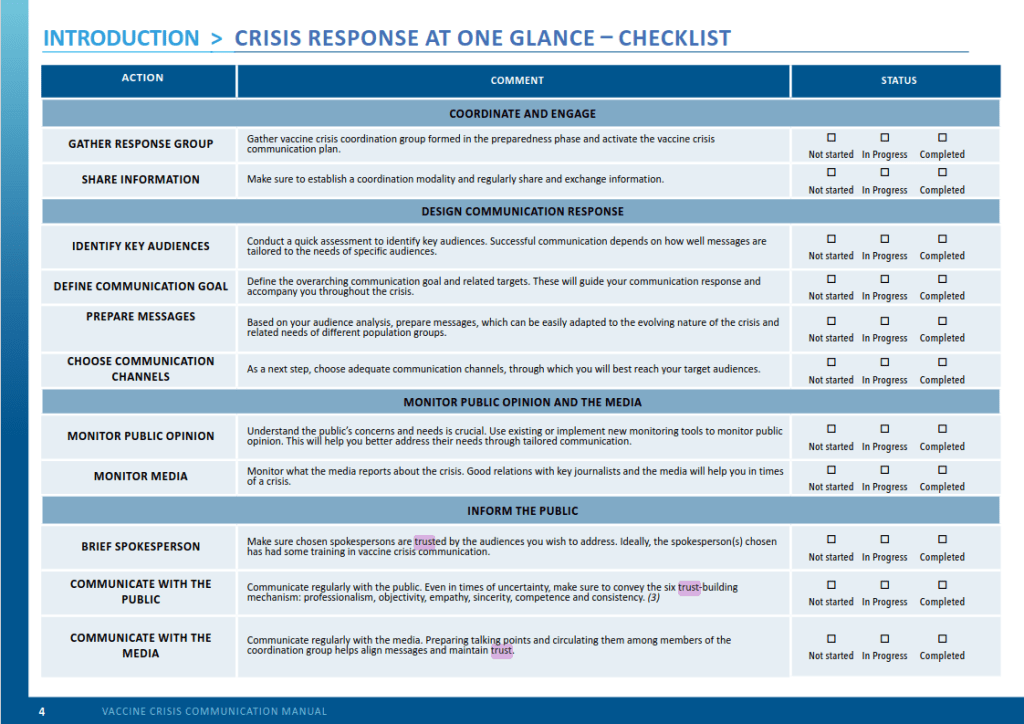
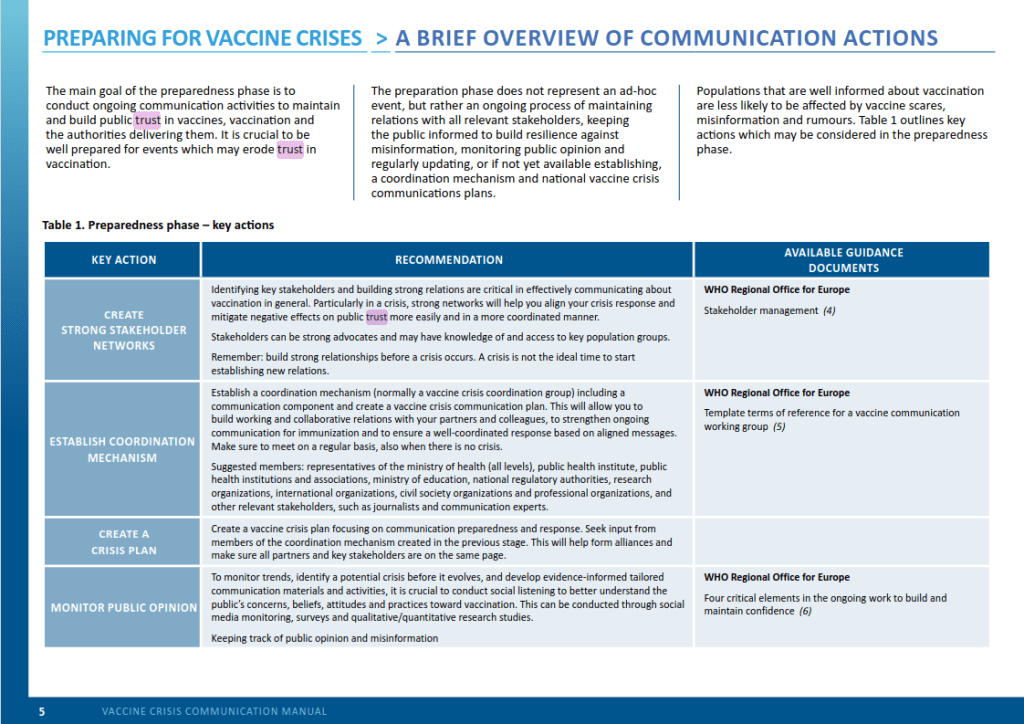

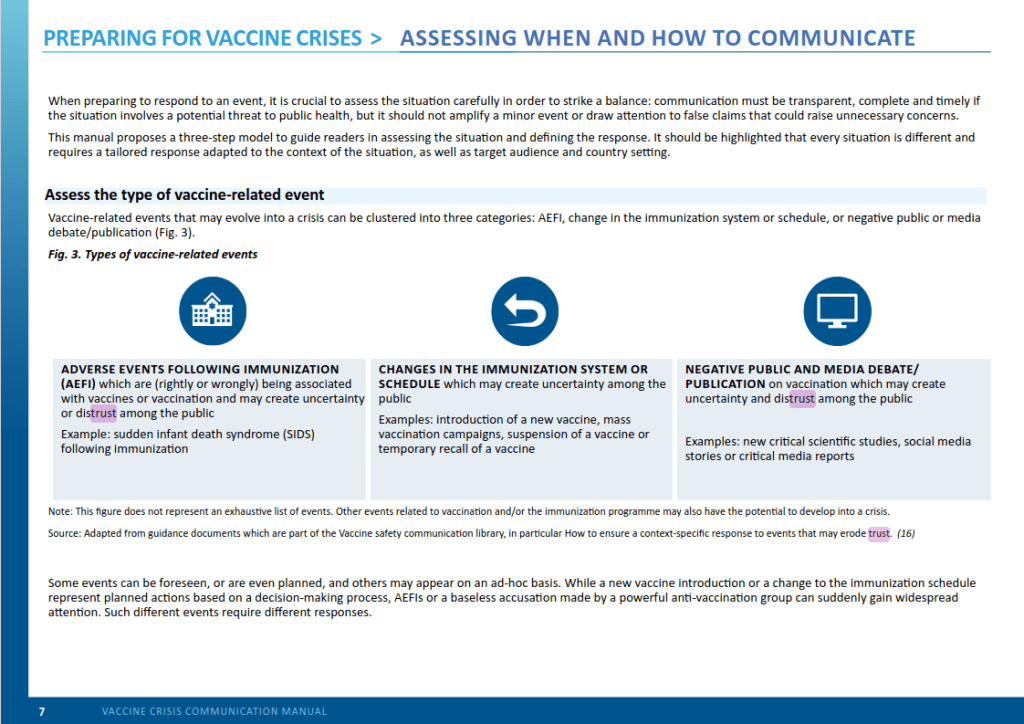
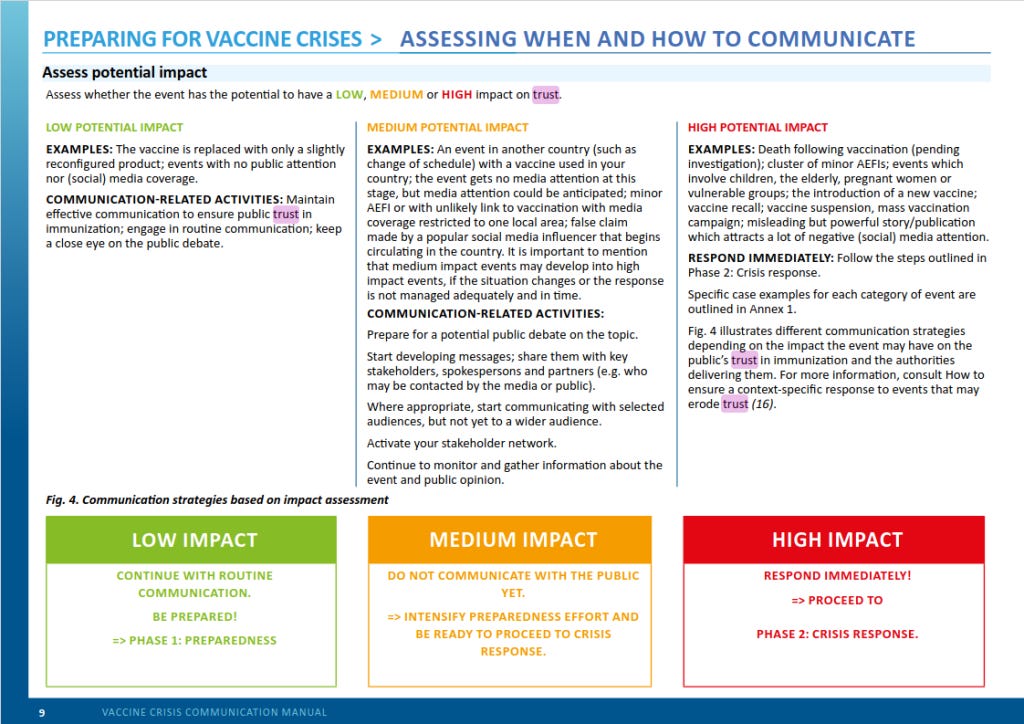

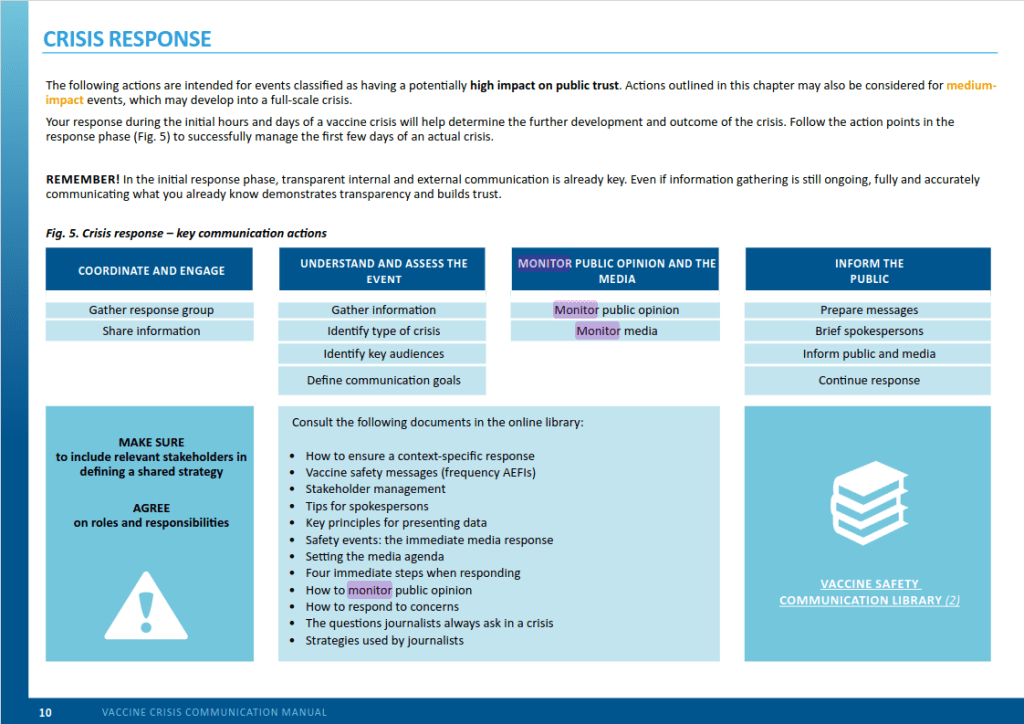


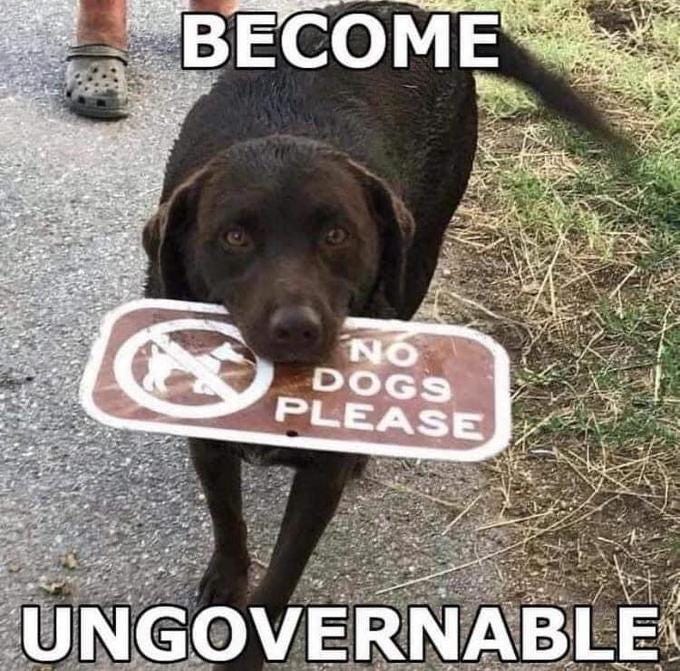
Took a Gander at Eric Russell's story, enjoyed it immensely.
How apt, and in these times of expertisum! where questions are not allowed, and the credibility of sources are wistful commentary, lacking substance or reference, more akin to propaganda of
marketing.
In the light of overwhelming evidence, the prejudice to contract and commercial law continues.
With the likes of the TGA subservient to the will of the funding cheques, who bend the knee, and
deny all oath, to hide a mitigate with scurrilous language to offer any responsibility or any
dignity to the harms being caused, is the height of indifference, a cardinal sin , a witness to a
reprobate soul.
It would appear that the TGA in its interpretation of self interest, applies the standard of
" on the balance of probabilities " as a mantra, to coalesce a deference of language, where it
assumes that the mindless plebs cannot read the doublespeak, but in reality it's a glaring admission
of guilt, whereupon the truth will stand on its own, and does not need a glossary of terms, and
unfathomable logic , to hide behind. Like the Gands , the rank and file ideology will not stand
the real test of Freedom: " I won't "
Nice to meet you Robyn. My first read. So good.
Your comment on pets is interesting. My sister who has been a 'conspiracy researcher' for 20+ years recently needed to put their cat on meds for AIDS. I found that odd. She replied, 'It turns out that perhaps 80% of cats have AIDS.' 'Really. How?' 'It is an easy way for pharma to make money: induce AIDS into the pet world and you have a steady customer.'
Things that make me go 'Hmmmmm.'
Thank you for your detailed research. These kinds of overt displays of the globalists' arrogance and condescension affirm that their plan will not succeed. They have constructed plans with foundation of money-built hubris that blinds themselves to their arrogant stupidity, their delusion. It will be uncomfortable for us for a while as their massiveness collapses them and around us.
And they have blessed us with an opportunity to wake up and take from them our power of choice, our power to say "No" and to take responsibility for having allowed this to grow quietly while we were busy living our lives pretending that the many small losses of autonomy weren't a serious problem.
Fascinating times.